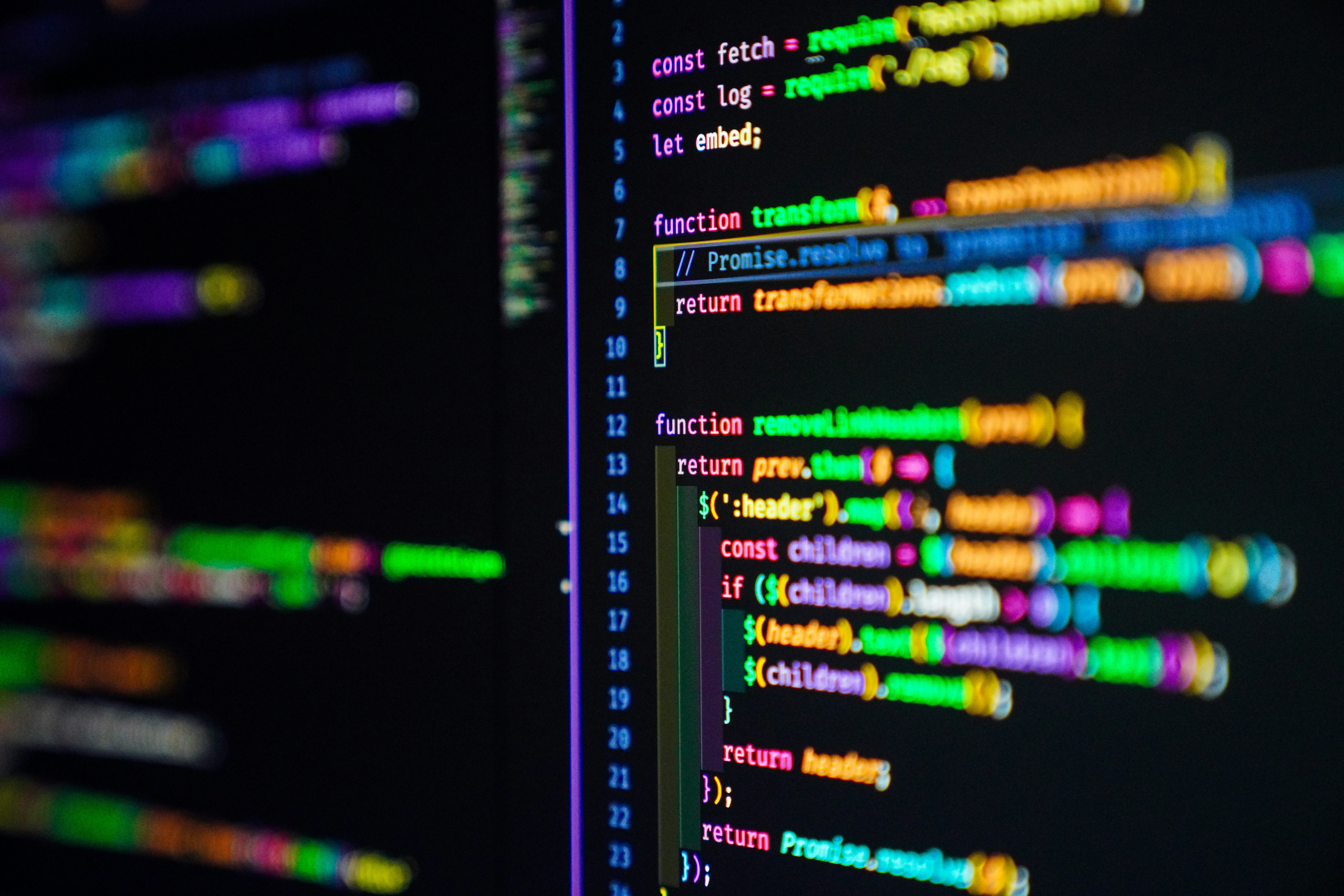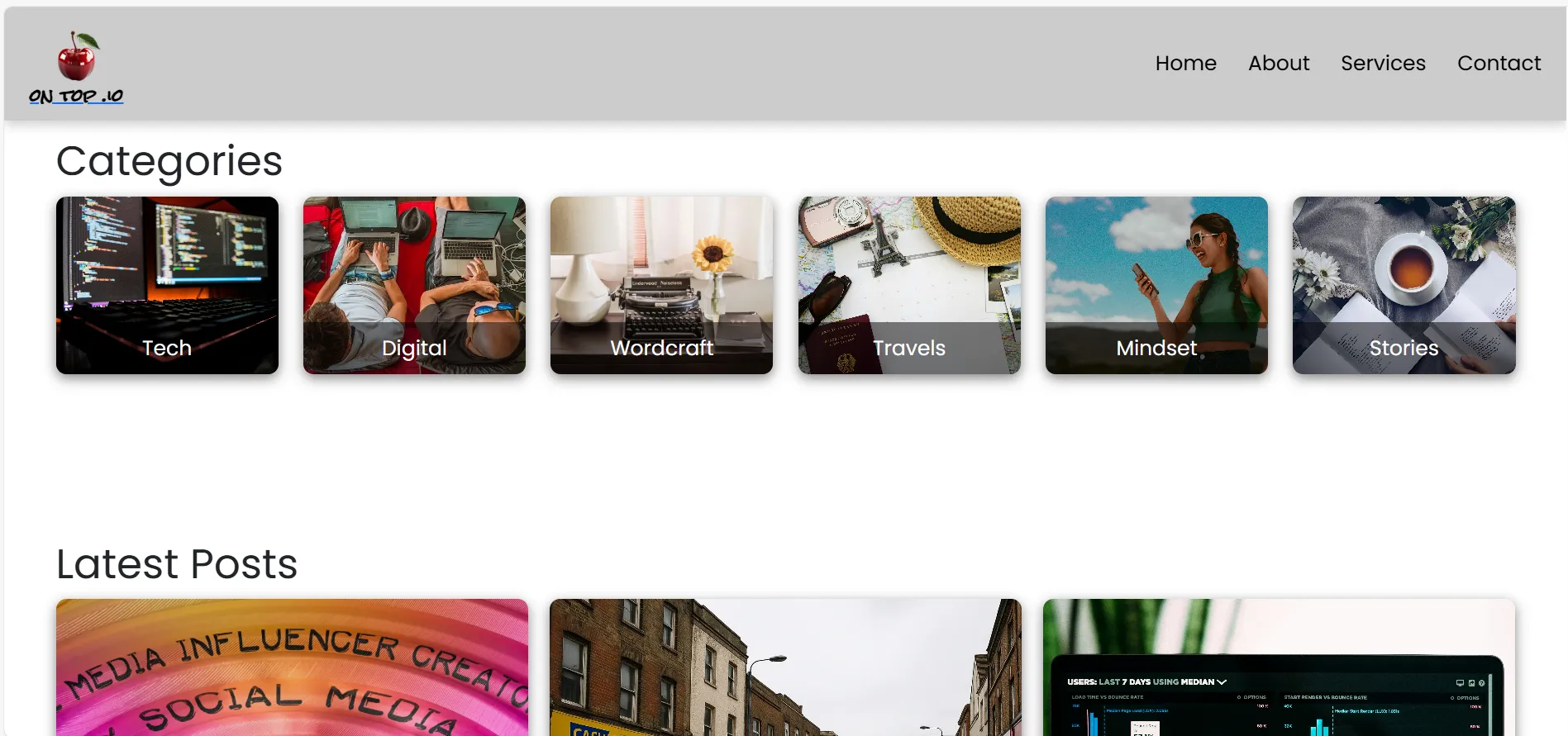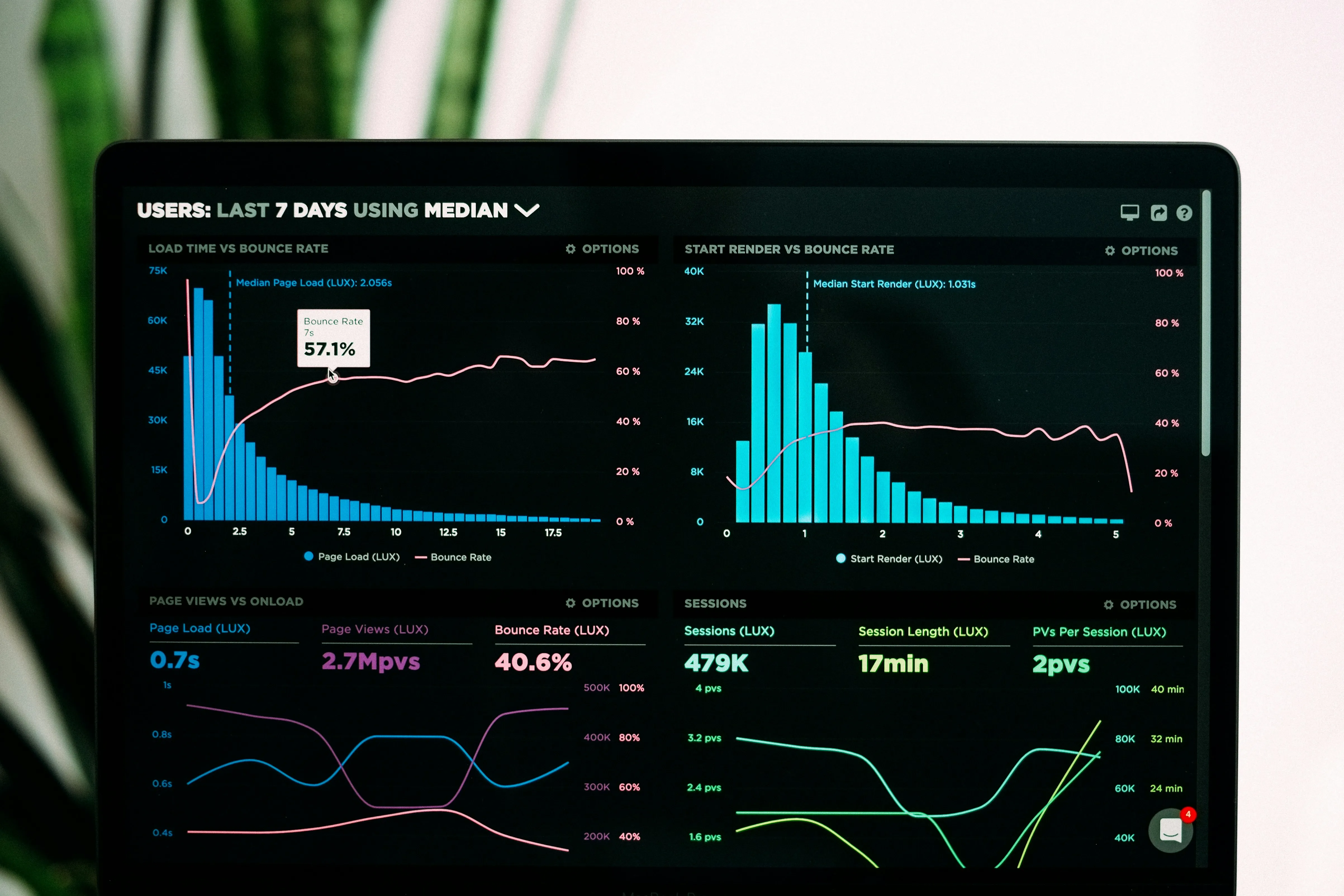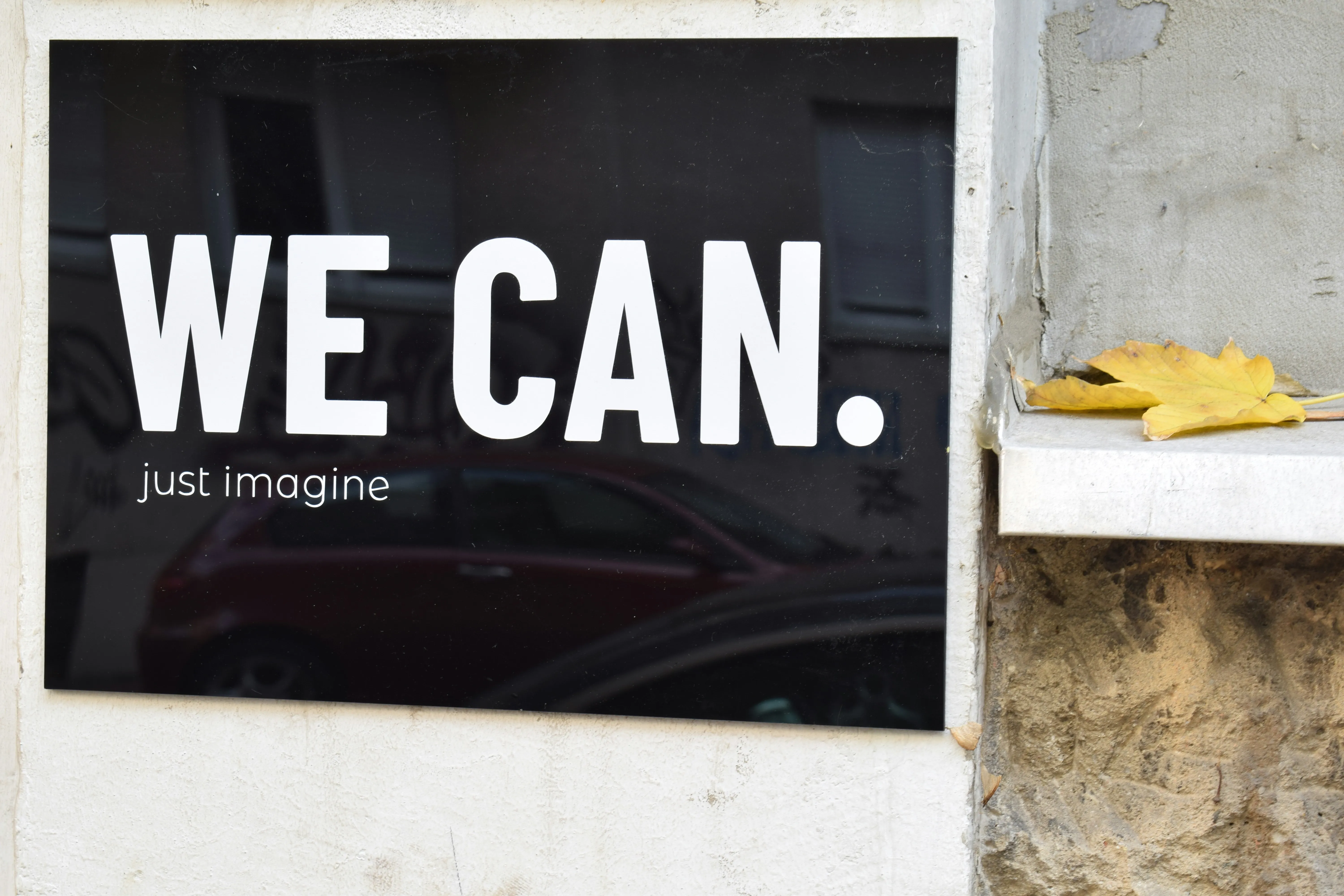So, you want to learn to code? Maybe it’s because you’ve seen tech changing the world and you want to be part of it. Maybe it’s for career reasons—or maybe you're just curious what all the fuss is about. Whatever your reason, the good news is this: you can absolutely do it.
You don’t need to be a math genius, and you don’t need to start when you’re a kid. You just need curiosity, consistency, and a little guidance. This post will help you get started with a roadmap, real resources (many free!), and some tips to keep going when things get tough.
Step 1: Understand Why You Want to Learn
Before diving in, ask yourself why you want to code. This helps steer your journey. Are you:
- Trying to switch careers?
- Interested in building an app?
- Curious about how websites work?
- Hoping to automate boring tasks?
Your “why” will help you choose the right language and path.
Step 2: Choose a Beginner-Friendly Language
There are hundreds of programming languages out there—but don’t let that intimidate you. Start with one that’s beginner-friendly and widely used:
- Python: Great for beginners. It's readable, powerful, and used in web development, data science, automation, and more.
- JavaScript: Ideal if you’re interested in websites and web apps.
- Scratch: A visual language created by MIT that’s great for absolute beginners (especially kids, but adults too).
Step 3: Learn from the Best (for Free)
Here are some top-tier resources to begin your coding journey—many are free and taught by top universities or tech companies.
- 🎓 Harvard’s CS50 (Introduction to Computer Science)
- Where: CS50 on edX
- Why: This is one of the best free intro CS courses on the planet. It’s rigorous, engaging, and gives you a strong foundation—not just in coding, but in thinking like a programmer.
- 🐍 Python for Everybody (University of Michigan)
- Where: Coursera
- Why: Dr. Chuck (Charles Severance) makes Python approachable and fun. Great for complete beginners.
- 💻 freeCodeCamp
- Where: freeCodeCamp.org
- Why: 100% free, interactive lessons on web development, data science, and more. It’s hands-on—you learn by doing.
- 🧱 The Odin Project
- Where: theodinproject.com
- Why: Full-stack web development curriculum that's comprehensive and community-supported.
- 👨🏫 Codecademy
- Where: codecademy.com
- Why: Interactive, hands-on coding lessons with immediate feedback. Codecademy is great for visual learners who like to code directly in the browser. You can start free, and there’s a paid Pro plan with guided paths, projects, and quizzes.
Whether you want to learn Python, JavaScript, SQL, or even career paths like data science or front-end development, Codecademy’s structure makes it feel less like a textbook and more like a game.
Step 4: Build Something (Anything!)
Learning is good, but building is where things really click. Start your developer journey with small projects:
- A to-do list app
- A personal blog
- A calculator
- A weather app using an API
You don’t need to be fancy. Just build something that works. Tinker, break it, fix it, and learn.
Step 5: Get Stuck (It’s Part of the Process)
Every coder - yes, even the pros - gets stuck. What helps:
- Google everything: Most bugs are not unique. Someone’s had the same problem.
- Use Stack Overflow: A goldmine of questions and answers.
- Ask ChatGPT or Copilot: They're here if you need help explaining code, fixing bugs, or understanding concepts.
- Join communities: Reddit’s r/learnprogramming, Dev.to, Discord servers, or local meetups.
Step 6: Stay Consistent, Not Perfect
You don’t need to study for 8 hours a day. Just aim for consistency:
- 30 minutes a day is better than 3 hours once a week.
- Take breaks. Let your brain absorb.
- Don’t compare your progress to others.
Progress will feel slow—until it suddenly doesn’t. One day, you’ll realize you can do things you couldn’t even understand a month ago.
Happy Coding!
Learning to code isn’t easy, but it is possible—and it can open doors you didn’t even know existed. Whether you want to launch a startup, land a tech job, automate boring stuff, or just explore something new, coding is a superpower worth learning.
And remember, you don’t have to do it alone. In fact, you shouldn'tdo it alone
The internet is full of generous teachers, free tools, and friendly communities ready to help. Start where you are, use what you have, and just take the next step.




